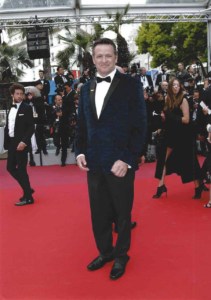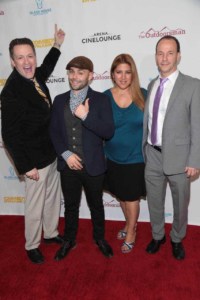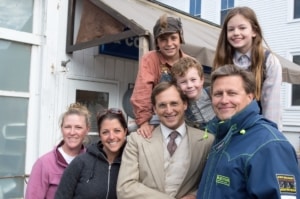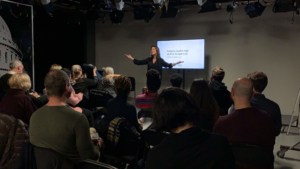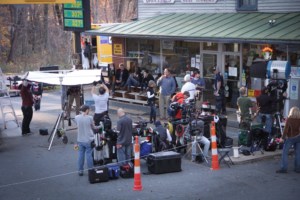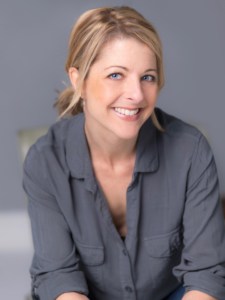Summary
Chad Chisholm is a professional photographer and travel writer who specializes in commercial photography in the food and beverage, hospitality and luxury travel industries. His work has been featured in many publications including Cowboys and Indians, The Wall Street Journal, Modern Luxury and more.
Chad’s homeschool background allowed him to experiment with entrepreneurship from a young age and earn three college degrees by the age of 20. A brief stint in Real Estate taught him some essential sales techniques but couldn’t sway him away from a creative career. Today, Chad works full time as a commercial photographer from his home base in Denver, CO.
Through his business—Custom Creations—Chad works on a huge range of job profiles, from agency run, international projects to creating updates for small business marketing materials.
In this episode of the Denver Media Professionals podcast, Chad shares the trials and tribulations of forging a career in photography and gives his advice for breaking into a lucrative and sustainable photography career.
[00:55] Chad got started in photography while he was studying at the University of Northern Colorado where he started as a Fine Art major, but eventually switched to a visual Arts Major.
- He developed and evolved his focus from fine art to commercial photography.
- Loved the instant gratification of photography.
[03:02] Chad found his mentor, Raul by cold calling people he admired. Raul took Chad under his wing and helped evolve his fine art and photography skills.
[03:31] A homeschool background allowed Chad to graduate from college with his first degree at the age of 16. He received two more degrees shortly thereafter and was licensed in Real Estate.
[05:03] Unlike most photographers, Chad uses detailed storyboards for his photo shoots.
- When timelines are short and deliverables need to come in on time, storyboarding helps streamline the process.
- All planning and storyboarding time is built in to Chad's proposals.
- Do it nice or do it twice.
[11:12] Experience is especially important when dealing with international companies
[12:15] Understanding all aspects of licensing is a multi-tiered, complex conversation that many green photographers don't understand.
[18:29] Syndicated articles led to more opportunities and now Chad has multiple streams of revenue.
[20:44] Volunteering and charity work is important for creatives. It’s always a good opportunity to meet people.
- Curt and Chad met by volunteering at the The Adoption Exchange.
[23:28] Bringing your most authentic self to set and being open to opportunities is an important and great way to meet potential clients.
[25:44] Chad built his studio in a family owned warehouse space that he wants to be a resource to the community.
- Chad built his studio to accommodate shoots that were difficult to do without a professional space. The benefits are huge and have helped bring in an International clientele.
[28:53] More work is happening in Colorado, rather than being outsourced to out of state agencies.
- More new content is being created as businesses invest their marketing dollars locally. Rather than refurbishing content and using stock content, people are making new marketing content.
[33:23] Any successful photographer is as much a good business person as they are a photographer.
- Be solid in your craft and then open yourself up to the opportunities that are appropriate to where you are in developing your craft.
[37:40] Don't give free content. You'll become your own worst enemy and water down the industry.
- Giving away your talent undermines your future pool of work.
[41:52] Mentors and continuing education have played a key role in Chad's success.
- He encourages people who are just starting out to go out and find people who are currently working in their markets doing the things they want to be doing.
- The right mentors will come into your life when you are ready to receive their knowledge.
[44:31] Being involved in professional organizations is important in developing a professional career. Chad is a member of The American Society of Media Photographers (ASMP), the Society of American Travel Writers (SATW) and Visit Denver, the local visitors bureau.
- Professional organizations help with much more than just questions about craft, but also do a lot of networking and help wit business matters.
[52:43] Green photographers and creatives usually have to learn the hard way how to navigate choosing the right clients for them.
- Chad says not every client is a good fit and while they are always professional to the end, he says that they prefer to work with clients who are a good fit for them.
[57:51] The one piece of advice Chad gives to aspiring photographers is: “Never give up.” He says the business can be tough and that photographers just have to keep going.
[01:01] Surround yourself with people who aspiring understand what you’re doing and what you want to accomplish and want to achieve. Learn the industry inside out. There is nothing wrong with starting at the bottom of the industry and working your way up.
Links and Resources
- C2 Studios in the DMP Directory
- To see more of Chad’s work, you can visit: https://creationize.com
- If you want to know more about or purchase Chad’s books, visit the shop at https://creationize.com/shop/
- To learn more about his custom studio environment that is also available for rent, you can visit: c2studiosdenver.com
- Chad on Facebook
- Chad on Instagram
Be sure to check out podcasts with other great guests in the film and media industry on our DMP Podcast Page!

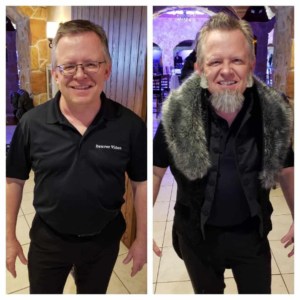 music school in the country, had a great tv/radio/film program.
music school in the country, had a great tv/radio/film program.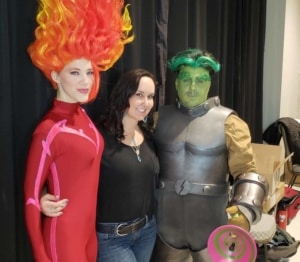
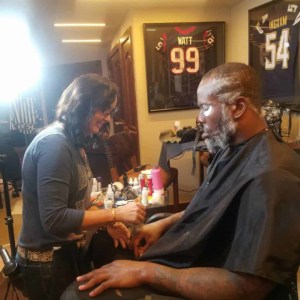
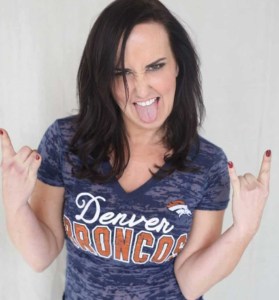
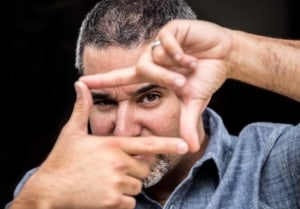


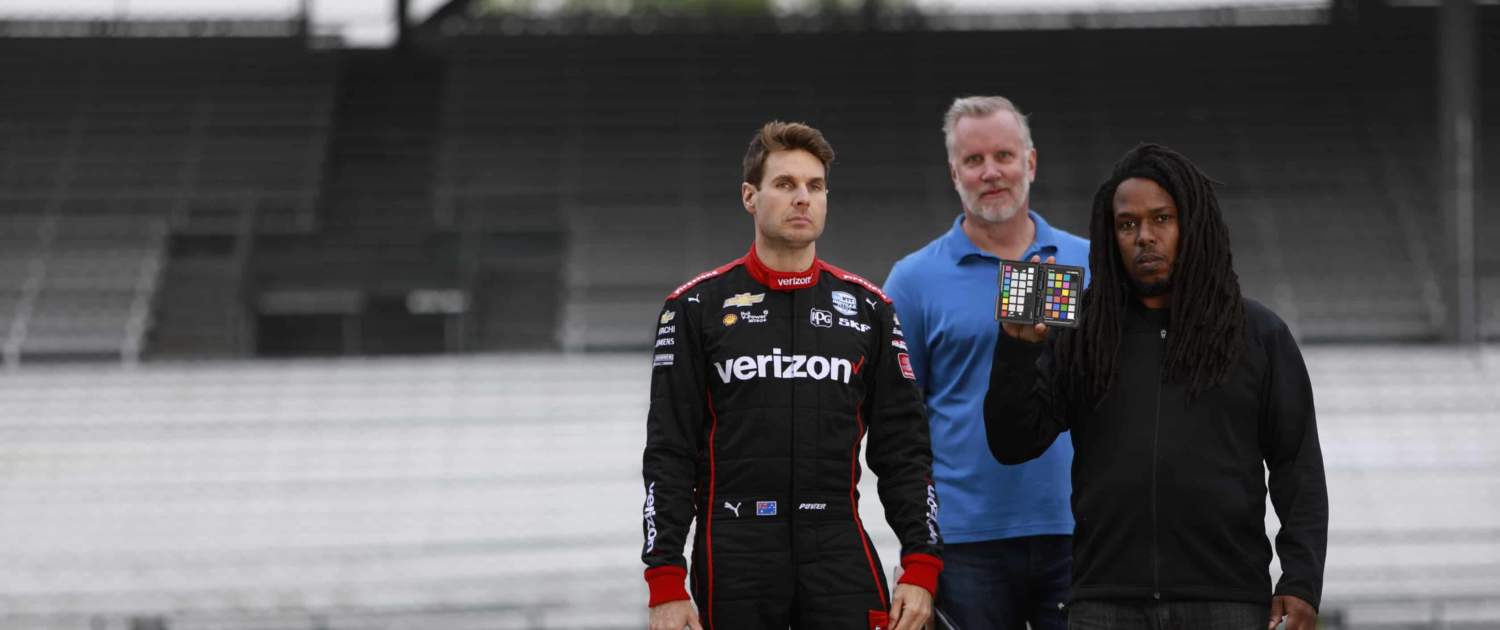
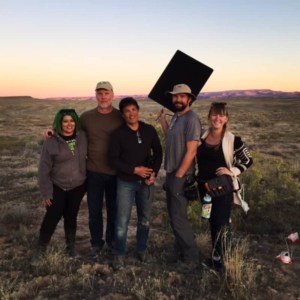
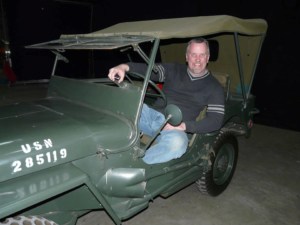
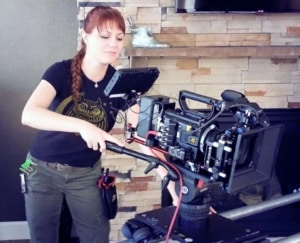
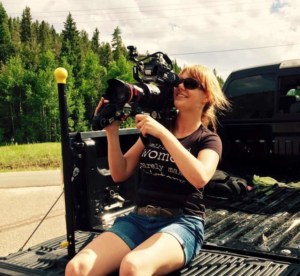
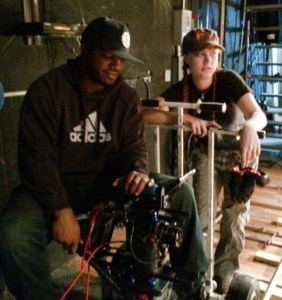
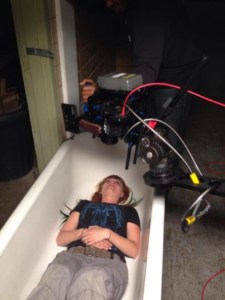

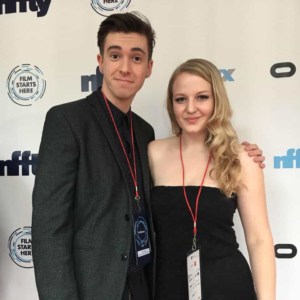
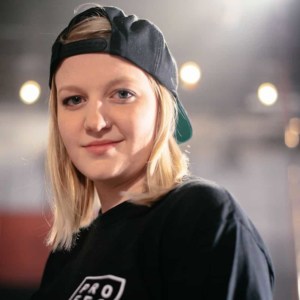

 [37:42] Growing a network of clients
[37:42] Growing a network of clients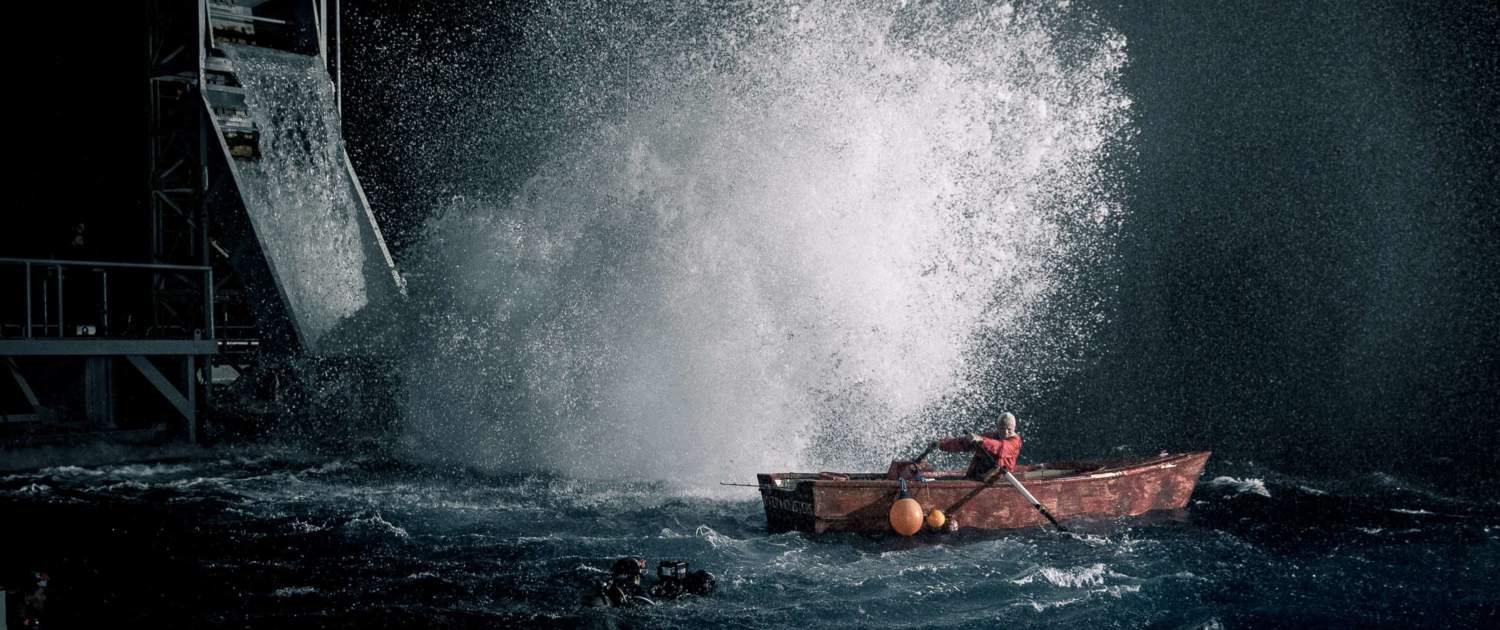
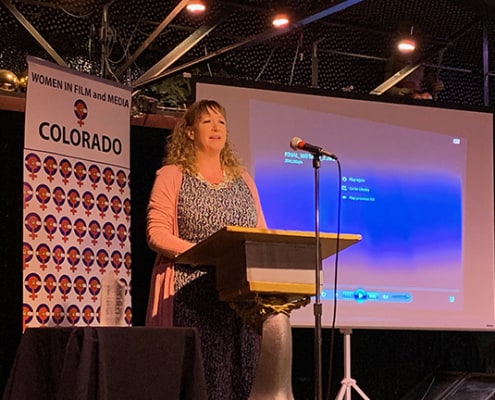
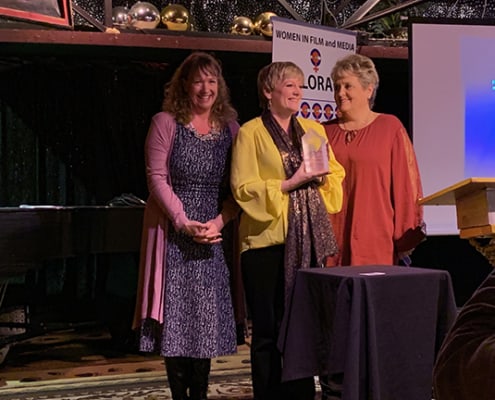
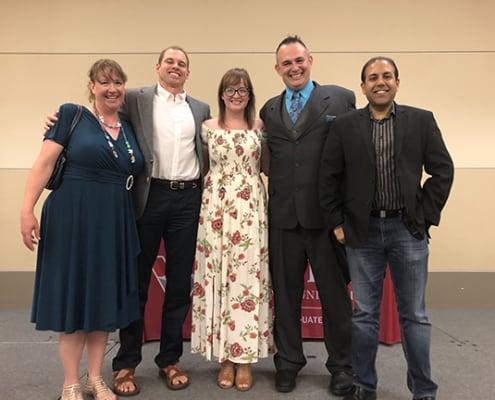 [53:15] Savoring the brilliant moments and learning to fall
[53:15] Savoring the brilliant moments and learning to fall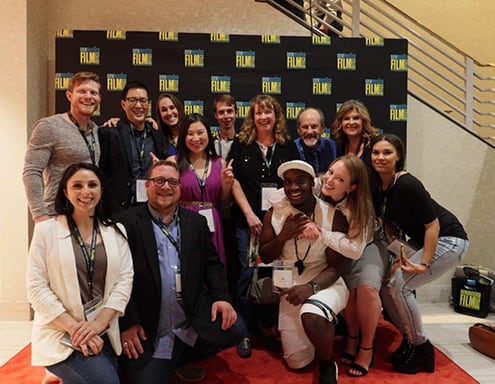 [1:20:20] Shifting perspectives in order to succeed and be happy
[1:20:20] Shifting perspectives in order to succeed and be happy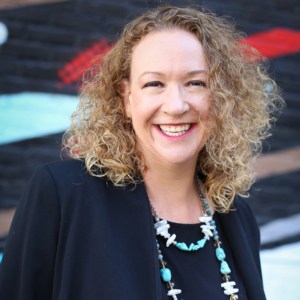 To contact Trai, please visit her
To contact Trai, please visit her 